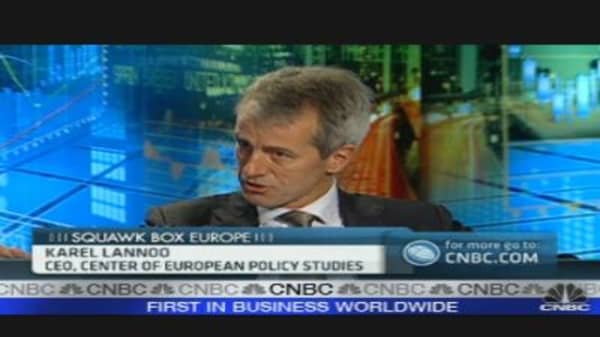The latest push for greater regulatory scrutiny of hedge funds will likely be a boon to the biggest, most established hedge funds and a blow to smaller fund managers.
Nearly four years ago, the federal courts struck down the attempt by the Securities and Exchange Commission to force hedge fund managers to register with regulators, ruling that the SEC had overstepped its legal authority.
Now Financial Crisis Inquiry Commission may have found a way around the ruling. The commission demanded the information from the Managed Funds Association, threatening a subpoena if the hedge fund lobbying group didn’t comply. The MFA provided information on its more than 2,600 members as well as information on funds that are not members.





